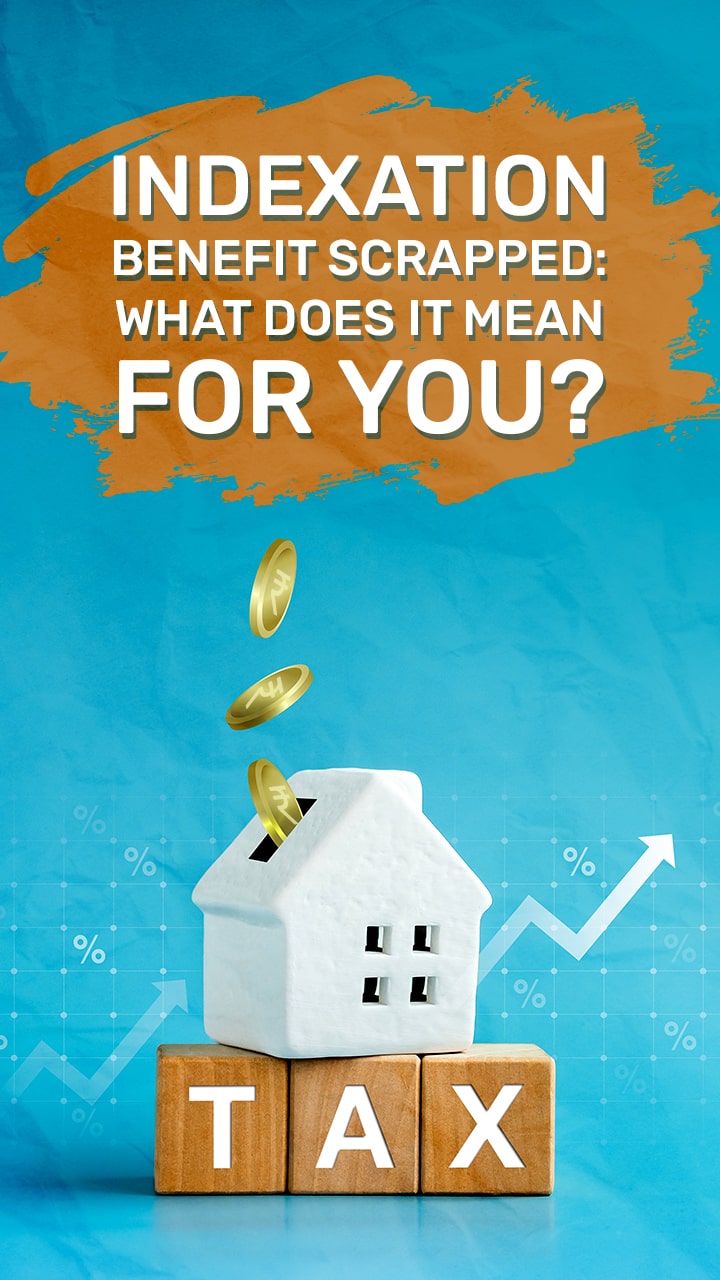Decoding the Impact of the Union Budget for You
The Union Budget introduced many changes for salaried individuals; but what does it all mean? Let’s break it down in this video with the example of Mohan, a salaried employee.
First, we look at changes in Mohan’s tax liabilities on his annual income of ₹10 Lakhs. Under the revised new tax regime, his standard deduction increases to ₹75,000, lowering his taxable income to ₹9.25 Lakhs. But with his new applicable tax slab, Mohan will pay just ₹42,500, saving ₹10,000.
Next, you’ll understand the tax changes for Mohan’s investments. If he buys shares worth ₹2 Lakhs and sells them for a 35% profit after 10 months, he will have to pay 20% short-term capital gains tax. We’ll also discuss how long-term capital gains tax of 12.5% applies to his shares if he holds them for 2 years.
After that, the video explores Mohan’s property transactions. Suppose he sells a property for ₹70 Lakhs which he bought for ₹50 Lakhs in 2015. Previously, indexation adjusted its cost to ₹64.82 Lakhs, with a 20% LTGC tax. Now, though, the indexation benefit is removed, he’ll pay 12.5% tax.
This is how the Union Budget’s tax reforms may impact you! For more details on the budget, stay tuned to Academy!

Key Takeaways
The standard deduction has increased to ₹75,000, reducing taxable income for salaried employees significantly
Revised tax slabs lower the tax burden for individuals earning ₹10 Lakhs, saving them ₹10,000 annually
Short-term capital gains tax has risen to 20%, affecting investors who withdraw their shares
Long-term capital gains tax is now set at 12.5%, but the exemption limit has increased to ₹1.25 Lakhs
The removal of indexation benefits for property sales can alter capital gains calculations, and possible tax liabilities
Taxpayers must navigate new tax implications based on their investment strategies and withdrawal decisions
The budget aims to provide tax relief while ensuring appropriate taxation of investment returns
These changes require reassessing personal financial strategies for employees, property holders, and others
What to Watch Next
Bites





























